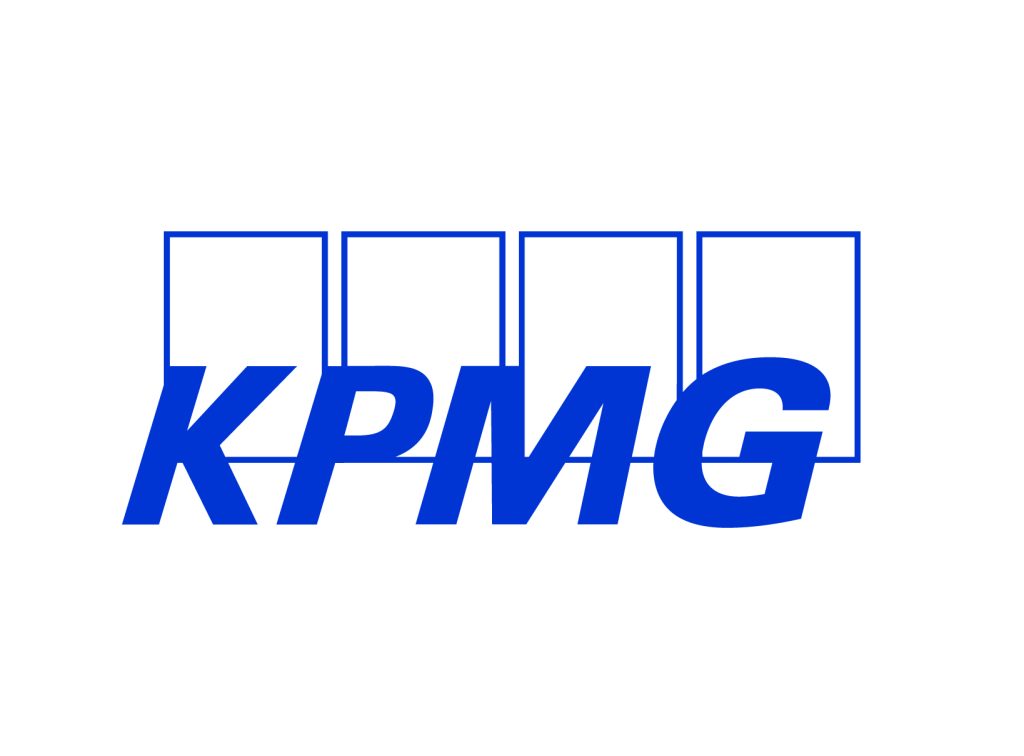KPMG has welcomed the news from COP26 that a new International Sustainability Standards Board (ISSB) is being established to develop globally-consistent sustainability disclosure standards. The first standard – dealing with climate reporting – is expected next year.
The IFRS Foundation – which creates international financial reporting standards – is now aiming to put sustainability reporting on the same footing as financial reporting by establishing a sister body to the International Accounting Standards Board (the IASB® Board). The goal is to drive globally-comparable and reliable sustainability reporting, using a ‘building blocks’ approach. This approach will allow national and regional jurisdictions to build on that global baseline to set supplemental standards that serve their specific jurisdictional needs.
KPMG advises that companies need to monitor their jurisdictions’ response to standards issued by the ISSB and prepare for their potentially rapid implementation, given the urgency with which the Foundation is being asked to act.
Bill Thomas, Global Chairman and CEO of KPMG, said today’s developments were “a watershed moment for sustainability disclosure standards. You can’t change what you can’t measure, and the creation of globally consistent and transparent sustainability disclosure standards will strengthen our capital markets by helping investors and business leaders make better decisions and refocus their dynamism on long-term value creation.”
Adrian King, KPMG Australia Partner and Global KPMG Impact Co-Chair: ESG and Sustainability, said: “The first International Sustainability Reporting Standard will be a game-changer. It is driven by global investors and is being introduced to give sustainability information the same rigor and comparability that the capital markets expect of financial information. This development is as ambitious as the creation of the IFRS standards 20 years ago. Building on current frameworks and bringing together existing ESG agencies under one roof will help build consensus, keep talent and expertise together and is the right approach.”
“Market transparency requires that companies provide a more complete view of enterprise value creation – showing the interconnectivity between sustainability related information and financial information. Globally-consistent standards are needed urgently to support effective capital allocation and investment flows in international markets. The importance of sustainability-related information for decision-making purposes therefore demands “investment grade” sustainability information.”
“The real hope now is that jurisdictions globally get behind the new ISSB, and it essential that Australia does. The key point of this initiative is to make it easy for investors to compare company performance, so failure to adopt here would put our companies at a disadvantage.”
A new KPMG Australia study has found that ASX200 companies still have much to do on climate impact reporting ahead of the anticipated global first sustainability standard when it arrives next year.
It is anticipated that the Task Force on Climate-related Financial Disclosures (TCFD) – regarded globally as best practice for reporting on climate impact – will likely form the basis of the standard.
KPMG finds that while the majority of ASX 200 companies are reporting on their climate risk, there are many – around 40 percent – who do not currently follow TCFD practice and this means that when the new climate standard is introduced, these companies face a considerable amount of work to prepare for it. Those who have already adopted TCFD – and there has been a significant increase in the numbers doing so in the past 2 or 3 years – will be much better placed to cope with the new standard.
The IFRS Foundation – which creates international financial reporting standards – is now aiming to put sustainability reporting on the same footing as financial reporting by establishing a sister body to the International Accounting Standards Board (the IASB® Board). The goal is to drive globally-comparable and reliable sustainability reporting, using a ‘building blocks’ approach. This approach will allow national and regional jurisdictions to build on that global baseline to set supplemental standards that serve their specific jurisdictional needs.
KPMG advises that companies need to monitor their jurisdictions’ response to standards issued by the ISSB and prepare for their potentially rapid implementation, given the urgency with which the Foundation is being asked to act.
Bill Thomas, Global Chairman and CEO of KPMG, said today’s developments were “a watershed moment for sustainability disclosure standards. You can’t change what you can’t measure, and the creation of globally consistent and transparent sustainability disclosure standards will strengthen our capital markets by helping investors and business leaders make better decisions and refocus their dynamism on long-term value creation.”
Adrian King, KPMG Australia Partner and Global KPMG Impact Co-Chair: ESG and Sustainability, said: “The first International Sustainability Reporting Standard will be a game-changer. It is driven by global investors and is being introduced to give sustainability information the same rigor and comparability that the capital markets expect of financial information. This development is as ambitious as the creation of the IFRS standards 20 years ago. Building on current frameworks and bringing together existing ESG agencies under one roof will help build consensus, keep talent and expertise together and is the right approach.”
“Market transparency requires that companies provide a more complete view of enterprise value creation – showing the interconnectivity between sustainability related information and financial information. Globally-consistent standards are needed urgently to support effective capital allocation and investment flows in international markets. The importance of sustainability-related information for decision-making purposes therefore demands “investment grade” sustainability information.”
“The real hope now is that jurisdictions globally get behind the new ISSB, and it essential that Australia does. The key point of this initiative is to make it easy for investors to compare company performance, so failure to adopt here would put our companies at a disadvantage.”
A new KPMG Australia study has found that ASX200 companies still have much to do on climate impact reporting ahead of the anticipated global first sustainability standard when it arrives next year.
It is anticipated that the Task Force on Climate-related Financial Disclosures (TCFD) – regarded globally as best practice for reporting on climate impact – will likely form the basis of the standard.
KPMG finds that while the majority of ASX 200 companies are reporting on their climate risk, there are many – around 40 percent – who do not currently follow TCFD practice and this means that when the new climate standard is introduced, these companies face a considerable amount of work to prepare for it. Those who have already adopted TCFD – and there has been a significant increase in the numbers doing so in the past 2 or 3 years – will be much better placed to cope with the new standard.
Article Source: Website Newsroom


